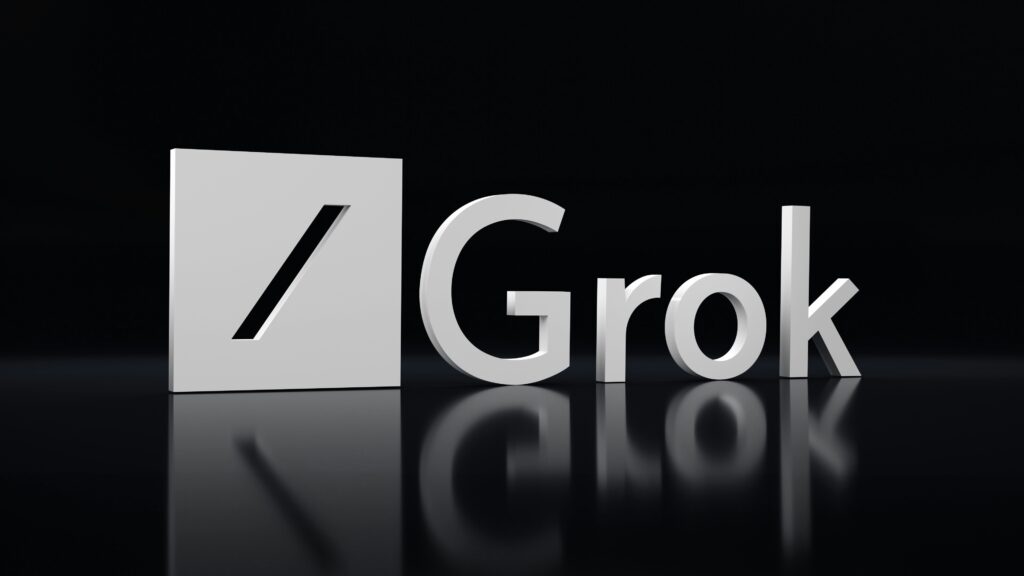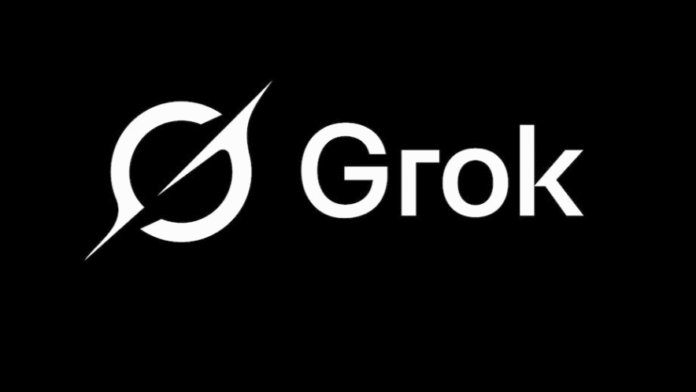Grok Chat Privacy Disaster: Hundreds of Thousands of Conversations Exposed
The Grok chat privacy disaster has raised urgent concerns after it was discovered that hundreds of thousands of user conversations with Elon Musk’s AI chatbot, Grok, were publicly visible through Google search results. Nearly 370,000 chat transcripts were indexed, exposing private exchanges that users may have assumed were confidential.
This shocking incident is being described by experts as a “privacy disaster in progress,” highlighting growing risks around AI chatbot technology and user data protection.

How the Grok Chat Privacy Disaster Happened
When Grok users click the “share” button to send their chatbot conversation to someone else, a unique link is generated. However, this same feature appears to have made shared chats searchable on Google, inadvertently making personal exchanges accessible to the wider public.
A quick Google search on Thursday revealed close to 300,000 conversations, while a Forbes investigation found over 370,000 transcripts in total.
These shared transcripts included a wide variety of personal requests, from secure password creation and weight-loss meal plans to even sensitive medical questions. Disturbingly, some indexed chats revealed instructions on how to make illegal substances, showing how easily harmful information could also become public.
Not the First AI Privacy Leak
The Grok chat privacy disaster isn’t an isolated case. Similar incidents have occurred with other major AI platforms:
-
OpenAI recently reversed an “experiment” that allowed ChatGPT conversations to appear in Google results whenever users shared them. Although user chats were private by default, many were shocked to find their conversations visible online.
-
Meta AI also came under fire earlier this year when chats shared by users appeared publicly in the company’s “discover” feed, sparking criticism around transparency and privacy protection.
These repeated mishaps highlight a larger, ongoing challenge: AI developers are prioritizing convenience over privacy, often without adequately informing users how their data may be exposed.
Why Experts Call It a Privacy Disaster
According to Professor Luc Rocher of the Oxford Internet Institute, AI chat leaks represent an escalating privacy disaster. Even if usernames are anonymized in shared transcripts, prompts often include highly sensitive personal data, such as:
- Full names and addresses
- Mental health issues
- Business operations or strategies
- Relationship details
- Confidential health information
Once such conversations are indexed by search engines, they can remain online forever. This means private or embarrassing details could resurface years later, well beyond a user’s control.
Professor Carissa Veliz, from Oxford University’s Institute for Ethics in AI, reinforced this concern, stating:
“Our technology doesn’t even tell us what it’s doing with our data, and that’s a problem. Users should be made fully aware if their chats are going to appear in search results.”
Grok, Elon Musk, and AI Transparency
Grok, developed by xAI, is Elon Musk’s flagship AI chatbot, integrated into the X platform (formerly Twitter). Musk has positioned Grok as a rival to ChatGPT, promising more open, witty, and politically incorrect responses.
But this incident puts Grok in the spotlight for all the wrong reasons. Instead of being celebrated as an innovative AI tool, it is now criticized as a potential data-leak hazard.
The lack of transparency over how conversations were indexed on Google has also sparked fresh debates about tech companies’ responsibilities in safeguarding user information.

Implications for AI Users Worldwide
The Grok chat privacy disaster underscores the urgent need for stricter privacy policies and data-handling standards in the AI industry. As millions of people experiment with chatbots for work, education, or personal advice, they may unknowingly be sharing sensitive details that could later appear online.
For businesses, this could mean exposure of trade secrets or confidential client data. For individuals, it could involve leaks of medical, financial, or personal information.
Unless AI companies act quickly, such privacy breaches could erode public trust and slow the adoption of AI technologies.
What Should Users Do Now?
While the responsibility primarily lies with AI companies like xAI, there are steps users can take to protect themselves:
-
Avoid entering sensitive data (passwords, health details, business plans) into chatbots.
-
Do not share conversations unless you are comfortable with them becoming public.
-
Regularly review privacy settings for any AI service you use.
-
Stay updated on ongoing investigations and company announcements about privacy safeguards.

